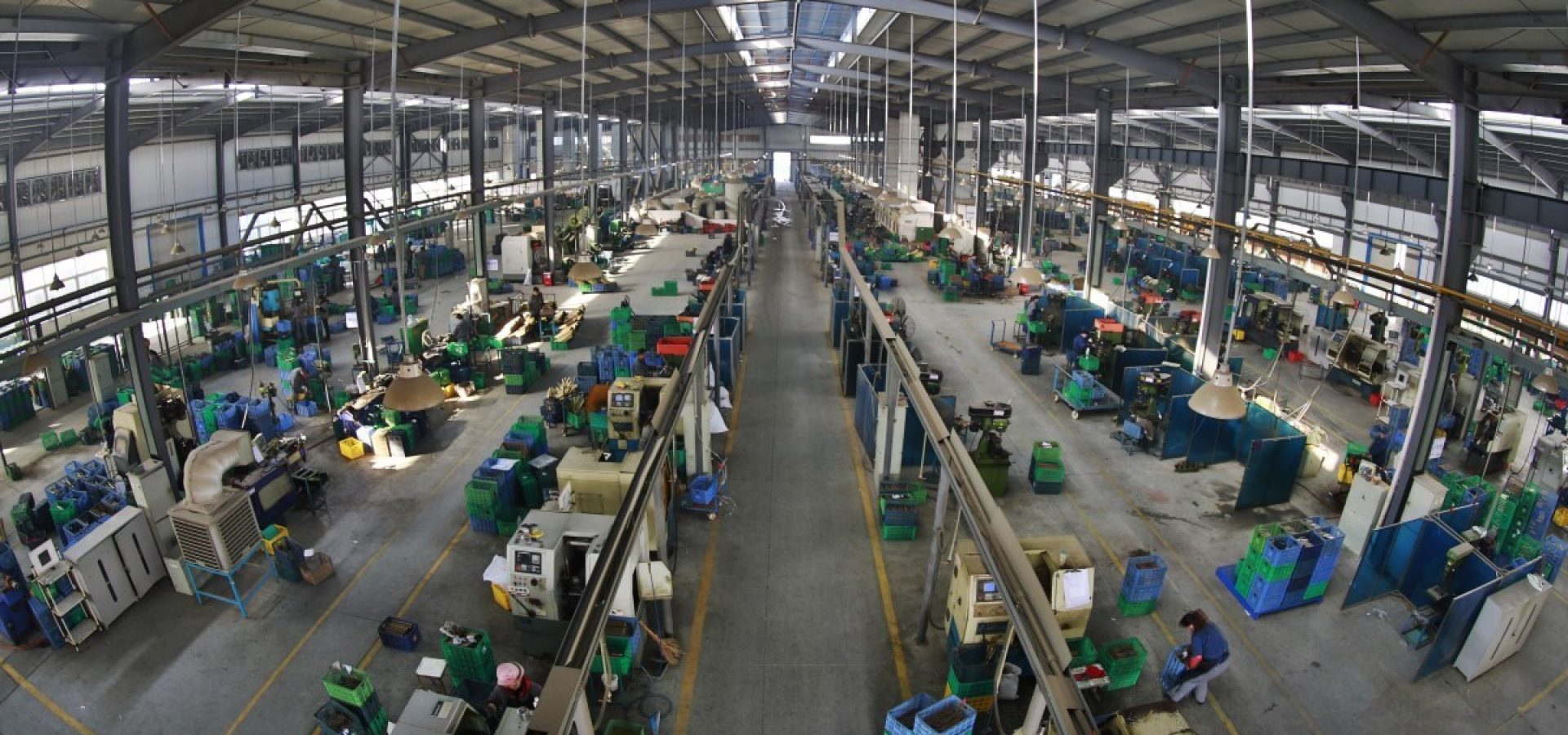Yesterday was the first trading day of December. Chinese factory activity surprised the analysts and helped to improve the market sentiment. Stocks benefited from this news.
On December 2, a private survey of Chinese factory activity surpassed market expectations. The Caixin/Markit manufacturing Purchasing Managers’ Index (PMI) reached 51.8 in November.
Economists expected that the PMI index would reach 51.4. It is important to keep in mind that the 50-points mark separates growth and contraction in PMI readings. In October, PMI reading was a little bit lower at 51.7.
Based on the information provided to China’s National Bureau of Statistics, the PMI index was at 50.2 in November. The official information became available over the weekend.
Moreover, this result also surpassed the expectations, as analysts thought that November reading would reach 49.5. Last month, the official PMI reading was at 49.3.
Stocks and manufacturing data
Let’s have a look at the stocks in Asia. The Shanghai Composite gained 0.13% to around 2,875.81. Meanwhile, the Shenzhen component increased by 0.24% to 9,605.19. Another Chinese index, which is the Shenzhen composite, added 0.219% to approximately 1,596.60.
In Hong Kong, the Hang Seng index increased by 0.41% during the final hour of trading.
On Monday, Japanese stocks reached great results. Japan has the second-largest economy in Asia after China.
The Nikkei 225 gained 1.01% to 23,529.50. The shares of index heavyweight Fast Retailing rose by 1.66%. The Topix index gained 0.89% to around 1,714.49.
In South Korea, the Kospi index closed 0.19 higher at 2,091.92. In another part of the Asia Pacific region, the S&P/ASX 200 added 0.24% and finished the trading day at 6,862.30.
MSCI Asia ex-Japan gained 0.23%.
However, uncertainty regarding the future of U.S.-China trade negotiations, as well as protests in Hong Kong, already affected the stock markets. Better than expected, manufacturing data is important, but the fate of the trade war will have a bigger impact on stocks.









COMMENTS